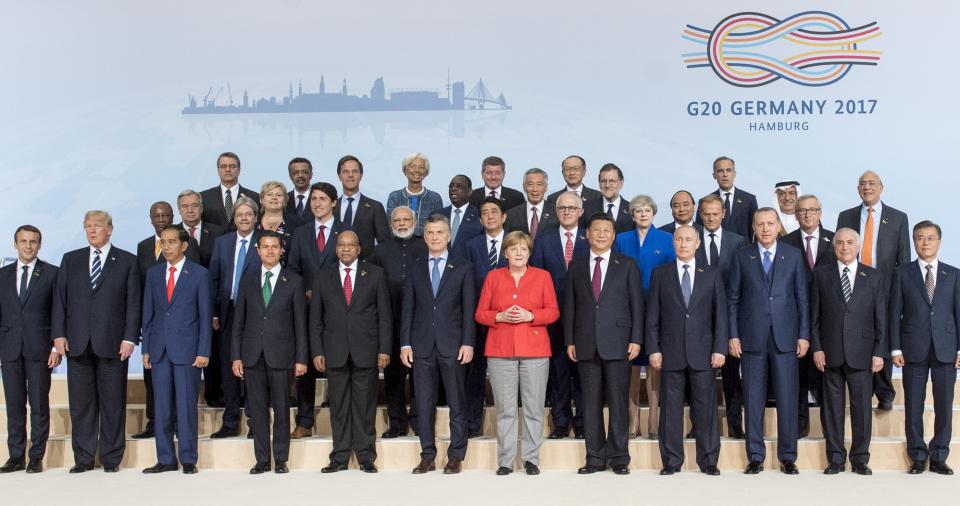The G20 Hamburg Summit has witnessed close interaction between China and Germany, leading many local experts to believe that the two countries will be committed to building closer trade ties and jointly contributing to global governance.
As one of the world’s most important trading powers, Germany is posed to be heavily impacted by the rising protectionism adopted by the US, said Sun Xingjie, deputy dean of the School of Public Diplomacy at northeast China’s Jilin University, cited by Sike.com, an opinion site run by Xinhua News Agency.
China has proven to be an appropriate choice when Germany seeks new global partners to push forward free trade, Sun said. The various ideas and initiatives that China has proposed to facilitate free trade and global governance have been drawing growing attention in Germany, he said. German diplomacy has been practically navigating toward the East and Asia, he noted.
China and Germany also shared their stance on many other global issues such as economic growth and climate protection, demonstrated in particular by a mutual theme of the G20 Hangzhou and Hamburg summits that have both emphasized an “interconnected” world, according to Hu Chunchun, deputy director of the Shanghai-based Tongji University’s Center for German and European studies, cited by news site The Paper.
Devoid of any potential political conflicts as those existing between China and the US, as well as the US and Russia, Hu said, China and Germany have demonstrated an advantage in playing a joint role in global affairs.
China and Germany have already vowed to deepen cooperation in manufacturing, committing in particular to a partnership in research and development, according to Li Weiwei, deputy head of the European Studies division under the China Institute of International Studies, writing for Haiwai.net, run by People's Daily. The two countries have demonstrated both confidence and clear thought for future cooperation, with bilateral agreements signed previously in Berlin in a range of weighty fields such as aerospace, intelligent manufacturing and the industrial Internet, Li said.
Most G20 nations are coming to a consensus that to develop free trade with China is an effective way to emerge from the economic depression caused by the financial crisis, said Yu Miaojie, deputy dean of the National School of Development under Peking University, writing for Haiwainet.cn. Yu had predicted the enormous attention and popularity China was to receive during the Hamburg summit.
To remain invincible in a world made uncertain by games of the superpowers, the optimal strategy is for European countries to ignore whether or not the US will agree to and develop profound economic and trade ties with emerging countries like China, Yu said.
Hu of Tongji University yet warned that China should be careful about the kind of voices that call on China and Germany to jointly lead the world economic order and even global affairs in general within the parameters of the G20.
Most importantly, China is still opposed to an international order dominated by one or a small number of countries, which would allow a superpower to override others, Hu said. In addition, even though China and Germany have hoped to contribute more to global economic governance, the existing G20 scheme is still heavily influenced by the US.
Economic factors aside, Hu said, Germany lacks the military power to match the status and strength of its economy, meaning that Europe would still rely on the US for security and defense. In this regard, he said, it’s hard to imagine that Germany would be able to launch a total challenge against the dominant role that the US has secured in the Western world.

 Old Version
Old Version